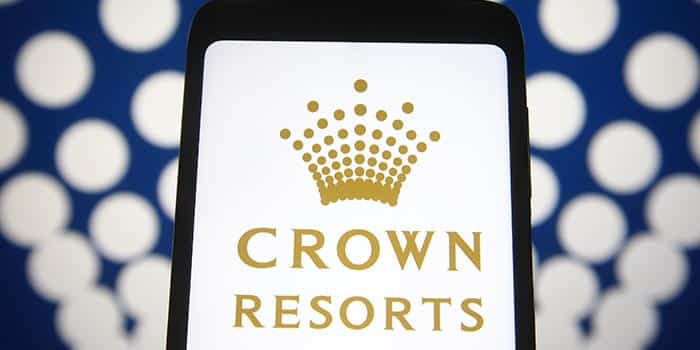- Casino
- By State
- Alabama
- Alaska
- Arizona
- Arkansas
- California
- Colorado
- Connecticut
- Delaware
- Georgia
- Florida
- Hawaii
- Idaho
- Illinois
- Indiana
- Iowa
- Kansas
- Kentucky
- Louisiana
- Maine
- Massachusetts
- Maryland
- Michigan
- Minnesota
- Mississippi
- Missouri
- Montana
- Nebraska
- Nevada
- New Hampshire
- New Jersey
- New Mexico
- New York
- North Carolina
- North Dakota
- Ohio
- Oklahoma
- Oregon
- Pennsylvania
- Rhode Island
- South Carolina
- South Dakota
- Tennessee
- Texas
- Utah
- Vermont
- Virginia
- Washington
- West Virginia
- Wisconsin
- Wyoming
- By State
- Slots
- Poker
- Sports
- Esports
Fact-checked by Velimir Velichkov
New Video Games Classification Helps Parents in Australia
Introduced earlier this year, the new classification enables parents to better understand which video games offer gambling-like features or offer payable loot boxes

Ahead of Christmas, many parents are likely wondering what the best gift for their children would be. While some may consider toys, others, likely responding to children’s requests, may purchase certain video games.
In recent years, the lines between gambling and games have been blurring, especially with the introduction of the popular loot boxes that are part of many modern titles that appeal greatly to children. In that line of thought, there are dangers of gifting games with gambling-like elements such as loot boxes and parents need to be more careful when selecting a present for their children.
Ratings Identify Video Games with Loot Boxes, Gambling-like Mechanics
Australia, a country struggling with increasing losses to gambling and having the highest losses per capita out of any other jurisdiction across the globe, announced new guidelines for games that contained loot boxes earlier this year. The new guidelines were implemented on September 22 and mark an effort to protect young adults and children from potential harm.
This holiday season, parents can easily identify if a game is suitable for their children, depending on their age. Per the new rules, video games that contain elements of simulated gambling such as slots, poker or other similar activities hold a rating of R18+ which otherwise means that they are recommended for use by adults, 18 years or older.
On the other hand, video games in Australia that offer paid loot boxes, are rated M for Mature. This designates such titles suitable for audiences 15 or older. It is not recommended for video games that hold an M rating to be played by children under 15.
What parents should know this holiday season is that the aforementioned guidelines apply only to newly released video games. This otherwise means that a previously released title that offers simulated gambling or loot boxes, payable with real money, won’t be reclassified.
A Proactive Approach Is Recommended
Prior to gifting a new video game to their children, parents should be proactive and check the product’s classification, ensuring that it is suitable for the child’s age. Online video game platforms display ratings which can make the parents’ work easier but so do retail boxes.
Importantly, games with violence or abusive language are often seen as unsuitable for specific age groups and labeled as recommended for adults, aged 18 or older. In the case of loot boxes, if a parent allows their kid, age 15 or older, to play, they still should be aware of the game mechanics, and it is important to enforce control when it comes to the duration of the gaming sessions.
Equally as important is for the parents to ensure that their payment information, such as credit card details or billing info, is not recorded on the gaming platform. This can help prevent children from spending money without telling their parents or shopping for in-game items, currency, or tokens which may be used to open loot boxes.
Related Topics:
Jerome brings a wealth of journalistic experience within the iGaming sector. His interest in the industry began after graduating from college, where he regularly participated in local poker tournaments. This exposure led him to the growing popularity of online poker and casino rooms. Jerome now channels all the knowledge he's accrued to fuel his passion for journalism, providing our team with the latest scoops online.
Previous Article

Industry
December 17, 2024
Ho-Chunk Plans New Casino and Racetrack in South Sioux City

Must Read
Industry
July 14, 2025
Senate Blocks Attempt to Reverse Gambling Tax Rule
More Articles



Industry
July 17, 2025
UEFA Bans FK Arsenal Tivat Due to Match-Fixing

Industry
July 16, 2025
ASA Cracks Down on Play’n GO for Problematic Ads














